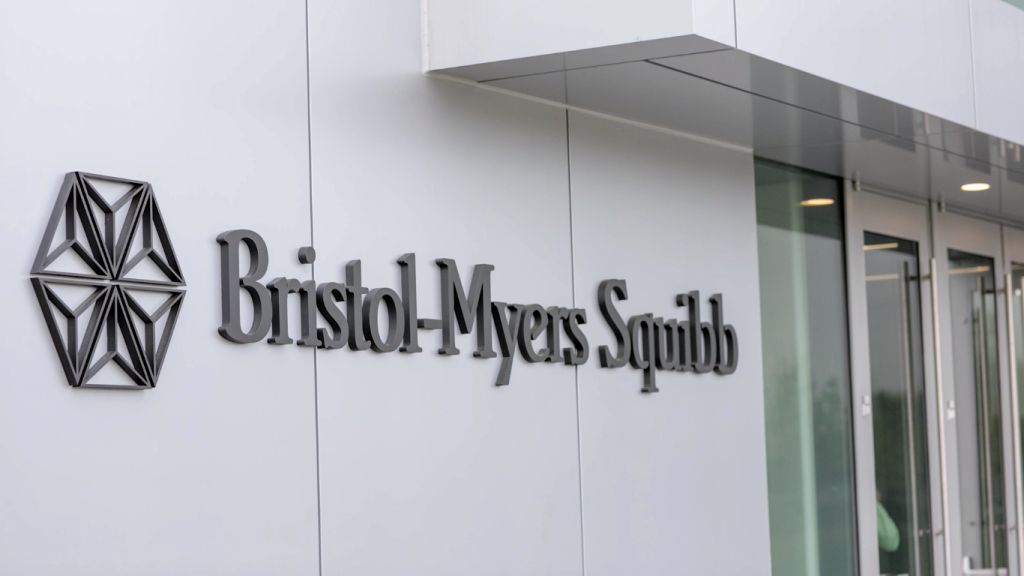A human life is really a lot about finding the best path forward under all situations. However, the way we achieve the stated goal has evolved rather immensely over the years. Now, while each of these methods played an important role in our growth, none managed to change us as much as technology did. Technology gets to boast such a unique achievement mainly due to its own unprecedented skill-set. You see, right from the get-go, the creation was taking us places that we had never even imagined before, and it was notably doing so for our entire spectrum, including a highly-critical medical sector. Linking up with healthcare was a significant moment in technology’s journey, as a successful foray there was exactly what helped it in winning over the masses. Nevertheless, this altered perception wasn’t enough to stop the creation from looking for more. It will continue scaling up in one capacity or the other. In fact, a recent collaboration should only go on to help its cause.
BridgeBio and Bristol Myers Squibb have officially reached a strategic agreement, which will see the former out-licensing a cancer drug candidate to BMS in exchange of $90 million. According to certain reports, the drug candidate we are talking about here is BBP-398, a therapeutic that addresses difficult-to-target KRAS cancer mutations. It works by blocking SHP2, a protein in the RAS signaling pathway that can drive cancer growth. In fact, SHP2’s hyperactivity is a major cause of many cancer forms, so structuring the whole treatment around it can expectantly deliver some positive results moving forward. If further details are to be believed, BridgeBio, despite the agreement, will remain at helm for the ongoing Phase 1 development of BBP-398. It will work on the drug both as a monotherapy and in combination with BMS checkpoint inhibitor Opdivo. However, once it moves to the next stage, the reigns will BMS’ to handle.
“We have seen the potential role SHP2 inhibition could play in unlocking possible combination therapies to treat patients suffering from a range of cancers. We are hopeful this collaboration with BridgeBio will help us maximize the possibilities SHP2 inhibition with BBP-398 will hold for patients,” Rupert Vessey, BMS’s executive vice president, research & early development.
The deal comes at a very interesting time for BridgeBio. Since the company’s lead drug candidate failed its Phase 3 studies, the Paolo Alto-based biotech has been in bit of a financial rut. While the company has already let go of some staff and restructured core operations, BridgeBio is now looking to turn more aggressive with partnerships. At present, it has over 30 different programs in the pipeline, and it is searching a partner for at least 6 of them. Going back to the latest deal, along with the $90 million upfront, BridgeBio will also earn another $815 million in potential milestone payments and royalties. The company can take that figure even higher, if it opts to fund part of the late-stage clinical development.


















